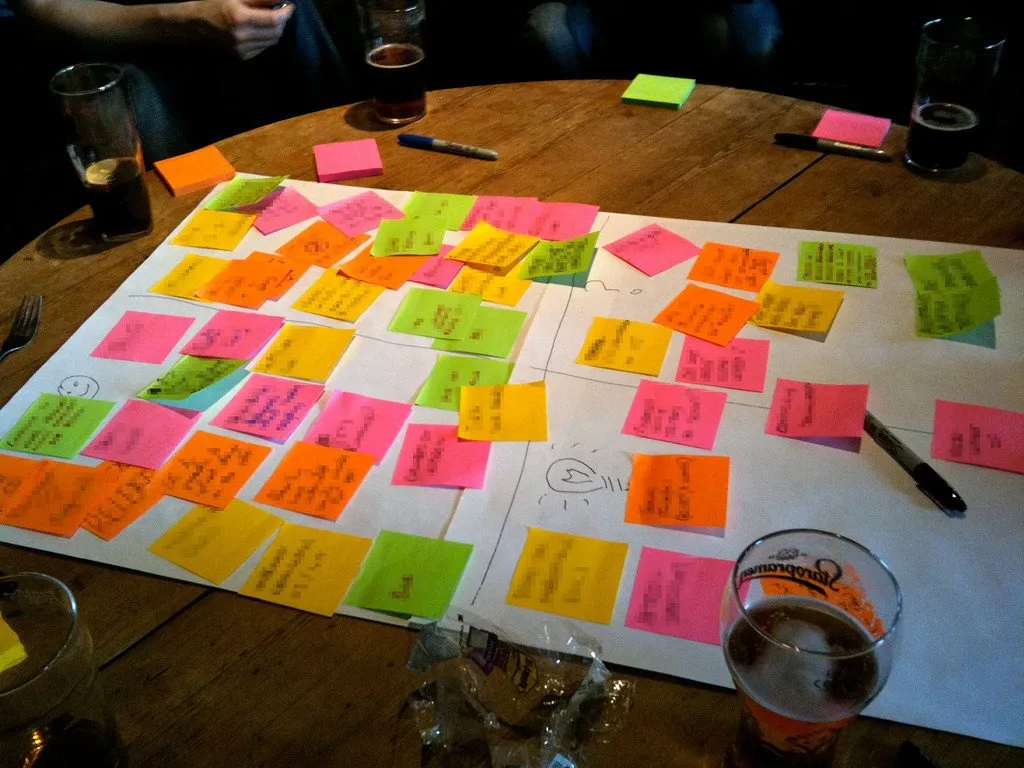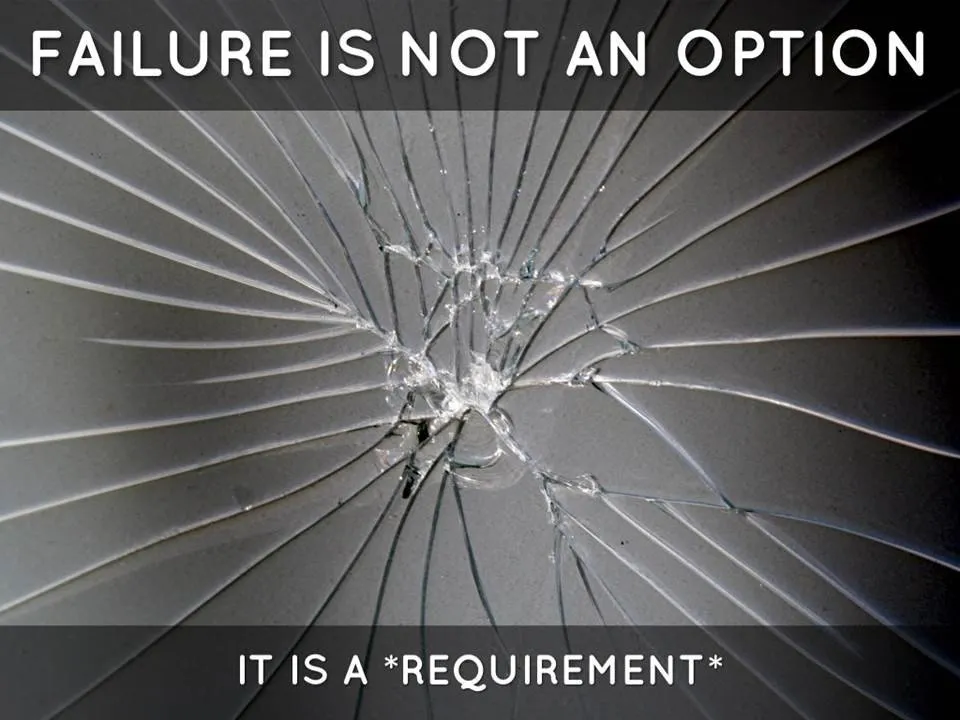Overview
As humans we will always make mistakes and will always fail someone or fail at trying to achieve something, to think of this as something that will never impact you is foolish - and I'm sure most of you have already experienced this to some extent. What I have come to accept is that I will never be the perfect Project Manager, there is always something I can do better and improve on, especially whilst working within the landscape of technology - where things change so rapidly. Once you accept this fact you can learn to see failure as something negative that you can use to pivot into a positive outcome in your personal growth and understanding.
Identify and Act

It is imperative as a project manager to understand where mistakes have been made in the project and why they have been made in order to understand how to avoid them, or reduce their impact should they happen in the future. One way of doing this is to have regular retrospectives with your team to understand what went well and what could have gone better. If retrospectives are done regularly on your project then you will be able to make effective short cycled improvements in an iterative way - this goes hand in hand with Agile Project Management.
I have also found it helpful to have retrospective sessions with stakeholders, to understand where improvements can be made to improve various processes and to show your stakeholders that you are serious about improving the quality of your deliverable and processes. Honesty about mistakes made or areas of improvement is important as I strongly believe that these interactions with your client can help build up the trust your clients place in you.
When is your project classed as a failure?

One important thing I read regarding project failure is that there is no such thing as a failed project - having the awareness and understanding of where the project sits in relation to its goals allows you to pivot and still deliver, as per the quote below by Peter Taylor:
I think the one, big lesson we should all learn from project failure is that there should be no such thing as project failure! Projects should deliver. Now they may not deliver what was intended originally, but they should follow one of three clear paths: Deliver the expected business benefits, be adjusted to deliver some business benefits, or be stopped because they are not expected to deliver the business benefits originally intended, at any level of success, or they are focused on business benefits that are no longer relevant. So project failure has nothing to do with individual projects not delivering, but more an indictment of the organization that allows such projects to 'just keep going until the bitter end' for some business reason.
For me, failure means an opportunity to explore a new angle and an opportunity to innovate. In fact, I see failure as an important stepping stone to success. In fact, some of the most successful leaders and entrepreneurs of our time are those who failed first and absorbed the lessons from those failures. See the info graphic below (courtesy of www.market-inspector.co.uk):

Society and failure
Failure is something that a lot of us have been conditioned to avoid through the expectations that our cultures and societies put on us and the way that our parents raised us. I think this is especially relevant to women, in that our societies and cultures seem to put a large amount of pressure on women to be perfect and to avoid risk and failure. Here is a great TED talk that goes into more detail on this issue:
Feedback
Have you made an effort to learn from your failures this week? What tools/processes have worked best for you in order to reflect on where improvements can be made in a project and in your own work?
